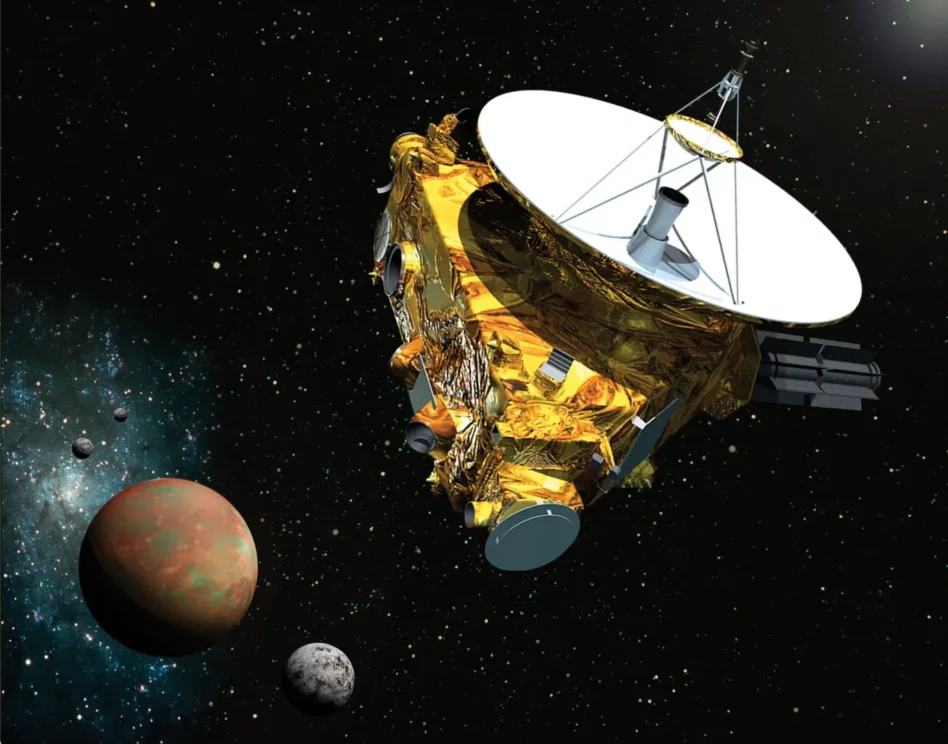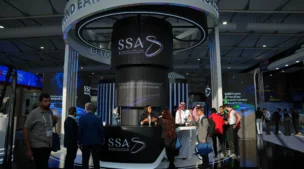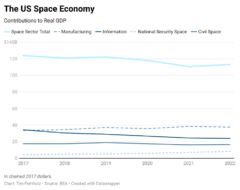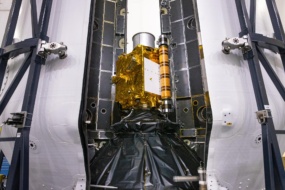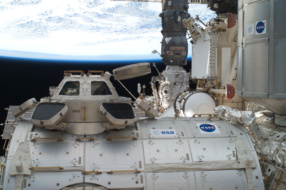NASA’s New Horizons spacecraft, hurtling through space in the outer solar system, just got a new lease on life. The agency announced Friday that it will be extending the mission until the late 2020s.
“The New Horizons mission has a unique position in our solar system to answer important questions about our heliosphere and provide extraordinary opportunities for multidisciplinary science for NASA and the scientific community,” Nicola Fox, associate administrator for NASA’s Science Mission Directorate, said in a statement.
Older horizons: New Horizons launched in 2006 and made a beeline for Pluto by way of Jupiter. The craft was the first visitor to everyone’s favorite dwarf planet, and so far it remains the only one.
After its 2015 flyby of Pluto, New Horizons proceeded onwards into the Kuiper belt, a vast field of icy objects at the outer edge of the solar system. It has since visited Arrokoth, a large Kuiper belt object, and conducted observations of similar objects.
New targets: New Horizons’ planetary science journey was previously set to wrap up at the end of FY2024 and then transfer to NASA’s heliophysics office, where its future was unplanned and in doubt. Many scientists, including the mission’s principal investigator, argued against abandoning NASA’s only probe currently traversing the Kuiper belt while it still had the capacity to conduct observations.
NASA has now agreed to continue the probe’s planetary science mission. Post-2024, New Horizons will be funded jointly under planetary science and heliophysics, and a hunt will begin for new targets for the mission to explore.
What’s next? The funding for the mission is still up in the air. NASA has requested $9.7M from Congress to support New Horizons in 2024, and the agency “will assess the budget impact of continuing the New Horizons mission so far beyond its original plan of exploration,” it said in its release.
- It’s possible that continuing New Horizons will impact other science missions planned for the next decade as NASA reallocates funding.
